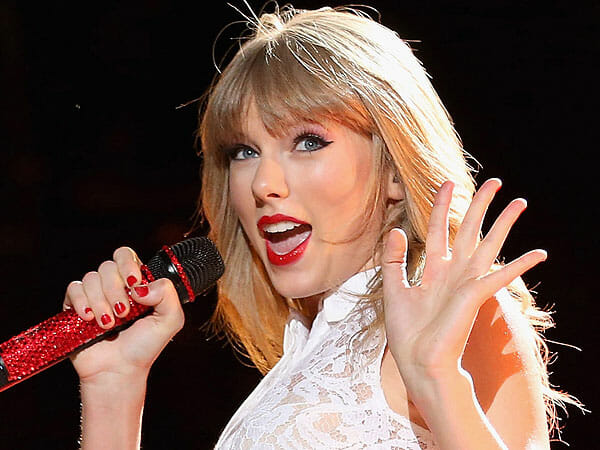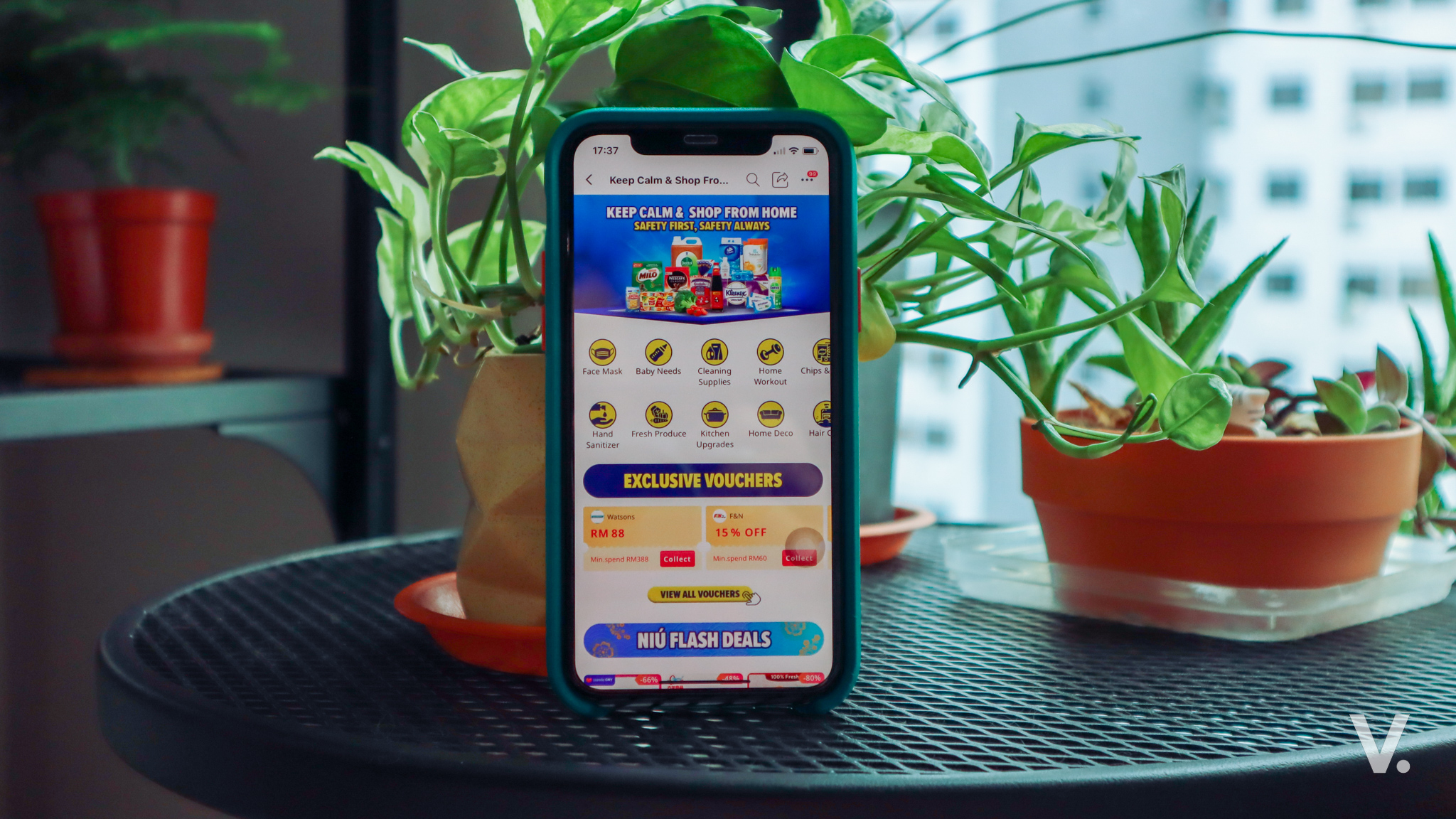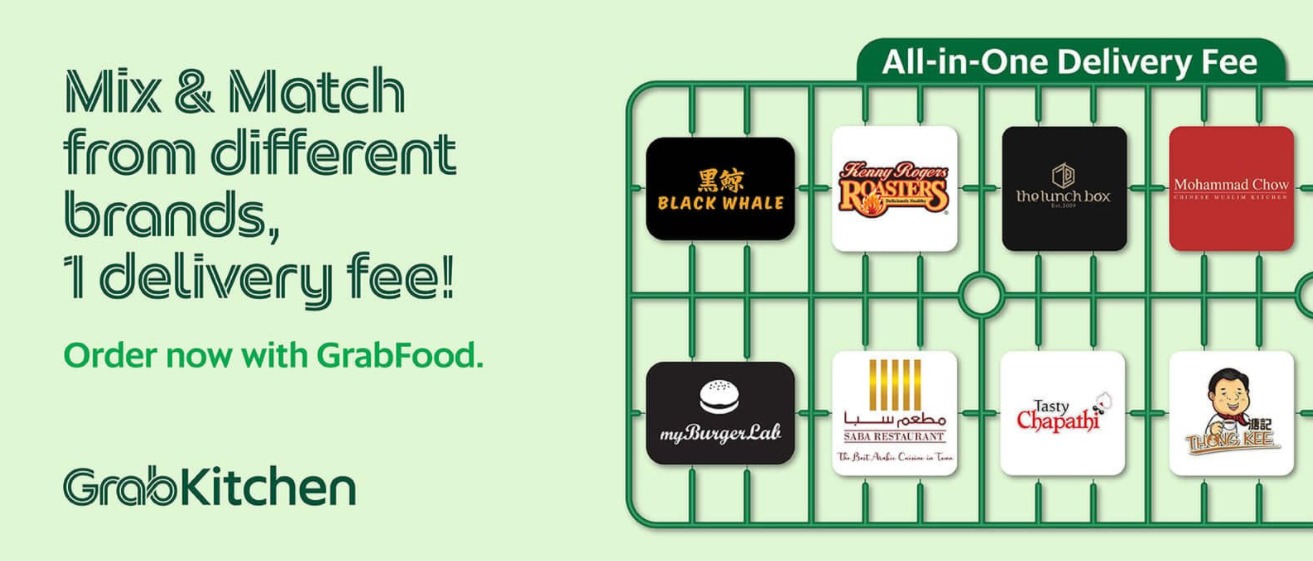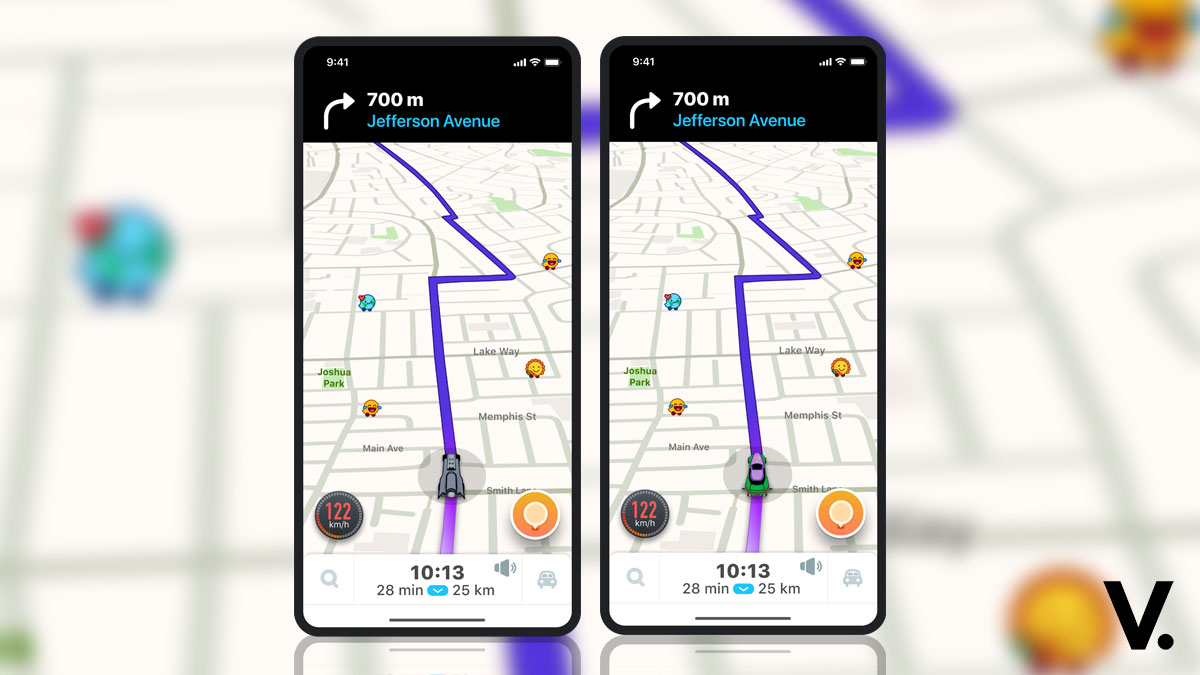The 24-year old, award-winning star has not been keen on low-royalty streaming services like Spotify, and her latest album 1989, aside from the hit single Shake It Off (#1 on Spotify) wasn’t even on the service.
Swift has been outwardly critical of streaming services which in her opinion are at odds with how music is valued. She’s been vocal about music royalties, music streaming, digital downloads and YouTube. Her music however is available for sale on Apple-owned Beats Music and Google Play Music.

“Music is art, and art is important and rare. Important, rare things are valuable. Valuable things should be paid for,” Swift said earlier this year to The Wall Street Journal. “It’s my opinion that music should not be free, and my prediction is that individual artists and their labels will someday decide what an album’s price point is. I hope they don’t underestimate themselves or undervalue their art.”
Swift’s sell-albums-first strategy for her previous album Red in 2012 translated into 1.21 million album sales in the first week. It appeared on Spotify months later. Staggering an album’s streaming release in order to boost album sales or paid downloads is also a strategy employed by artists like Coldplay.
1989, Swift’s latest album sold 700,000 copies in the first two days it went on sale last week.
Spotify pays artists and rightsholders between US$0.006 and US$0.0084 per stream. That does sound like a meagre amount. However, an artist like Swift, according to Spotify can pull in 16 million streams a month. Spotify pays nearly 70% of revenue back to rightsholders (record label, publisher and distributor).
“The per stream rate doesn’t really put the scale and amount that we pay back into perspective, ” says Spotify. In a respond via email to Mashable, the service said, “We’ve already paid US$500M to rightsholders so far and by the end of 2013 this number will reach US$1bn.”
Spotify’s pleas have fallen to deaf ears on Swift’s camp. “Taylor Swift has nearly 2 million active followers on [Spotify] who will be disappointed by this decision.”
We were young when we first saw you but now there’s 40MM who say stay, stay, stay. It’s a love story baby #justsayyes pic.twitter.com/n6tHkG8GCq
— Spotify (@Spotify) November 3, 2014
It doesn’t look like Swift will return to Spotify anytime soon and it’s unclear if other artists will do the same.
Last year, Radiohead frontman Thom Yorke pulled several albums off Spotify, as a rebellion against the streaming music’s royalty payments. Earlier last month, Yorke embarked on a new music distribution strategy by using BitTorrent Bundle as a platform to sell his new album Tomorrow’s Modern Boxes, priced at US$6. The album surpassed one million downloads and this included the full eight-track album as well as free downloads of the single and video.
BitTorrent receives just 10% from album sales. BitTorrent aims to help artists make money off their work, becoming an anti-streaming service of sorts. “Streaming radio has reduced music to a bargain basement: 22 million songs for US$9.99,” said BitTorrent. Lady Gaga and Madonna are just a few examples of artists who have chosen BitTorrent to distribute their music directly to fans.
It’s a tough call. While digital distribution is the way forward, there hasn’t been specifically “the right one,” although the iTunes download model has been successful the past decade. There are signs of a plateau, thanks to emerging streaming services like Spotify.
Swift’s argument is not unfair — from an artist’s perspective. An artist needs to be paid according for their music and art. It’s about making a living. The question is at what price and value? If anything, digital distribution like music streaming has become a way to legalise music consumption, and fight piracy. Though some have argued that streaming services are in fact “legalised piracy.”
But haters gotta hate hate hate, right?









